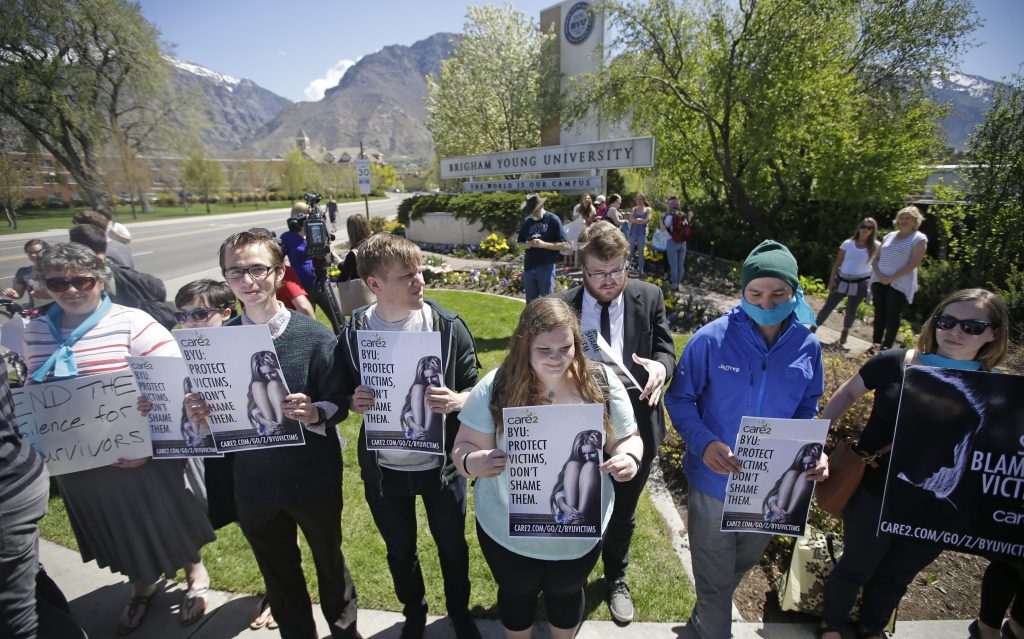
Members of Stop Abusive and Violent Environments (SAVE) argued that universities treat students accused of sexual assault unfairly in a press conference, held over the phone, on Thursday, Sept. 1.
The press conference covered findings from SAVE’s “Lawsuits Against Universities for Alleged Mishandling of Sexual Misconduct Cases” report.
The report is a result of SAVE’s study into how the U.S. Department of Education’s Office for Civil Rights’ 2011 “Dear Colleague Letter” has affected campus investigations of sexual assault cases. SAVE claims the letter has led to a pattern of systemic discrimination against students accused of sexual assault at universities.
SAVE project policy director Gina Lauterio began the press conference by explaining the methodology of the study. The study consists of an analysis of 30 lawsuits against universities for mishandling allegations of sexual assault.
Lauterio said in order to be included in the analysis, the lawsuit had to be filed by an accused student between Jan. 1, 2012 and July 15, 2016, with a ruling at least partially in favor of the accused student.
SAVE president E. Everett Bartlett spoke next about the findings of the study. According to Bartlett, judges from the analyzed lawsuits commented on the lack of adequate due process in three cases, flawed cross-examination procedures in two cases and flawed investigative procedures in two cases.
Next, attorney Eric Rosenberg, who has represented falsely accused students nationwide for the past five years, discussed the issue from the perspective of a litigator. Rosenberg said the analysis revealed unfair conditions for students who are accused of sexual assault.
“These proceedings consistently show a lack of resources for the falsely accused students,” Rosenberg said.
Rosenberg said public opinion tends to side with alleged victims, but that students who are falsely accused suffer severe consequences as a result.
“These cases involve psychological, reputational and academic and career damage to falsely accused students,” Rosenberg said. “Simply put, if the rule of law, fairness and equity is not returned to American campuses, I fear falsely accused students will likely end up committing suicide because nobody can help them undo the horrific injustices being perpetrated in sexual misconduct proceedings across the country.”
Joseph Roberts, who said he was falsely accused of sexual assault at his university, spoke last. Joseph said he was suspended several weeks before he graduated because of the accusations against him. He said he eventually attempted suicide because of the emotional distress he experienced.
“Not a day goes by where I don’t think about it,” Joseph said. “I feel like the course of my life has been derailed.”




